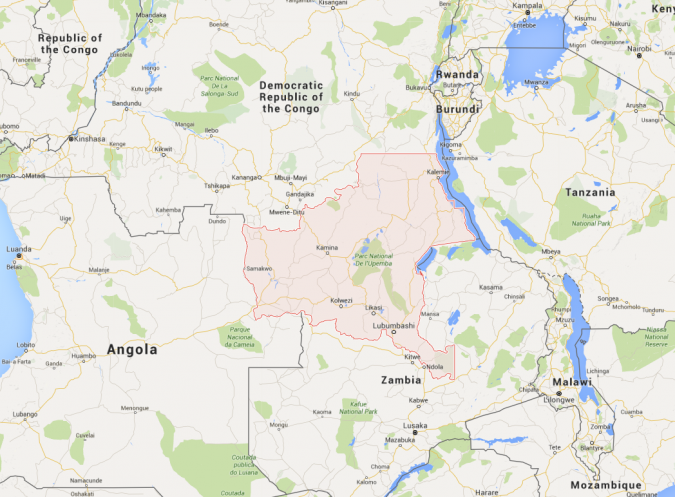THE FORWARD — The Democratic Republic of Congo is at a crossroads: Its next election, scheduled for the fall, could be the first open presidential race in 50 years. One rising star and potential candidate is a man named Moïse Katumbi, business tycoon and former governor of mineral-rich Katanga, in the south of the country.
Katumbi is a populous leader, a self-styled Robin Hood figure who hands out dollar bills to crowds and even has his own soccer team, the Bulldogs.
Less examined amidst his rise to fame is his Jewish background.
Katumbi’s father was part of a wave of Sephardic Jews from the Aegean island of Rhodes who immigrated to Africa in the first half of the 20th century — Katumbi’s family story illustrates the complex threads of the Jewish Diaspora.
Sephardic Jews had settled on the island of Rhodes after their expulsion from Spain in 1492. For generations the community prospered.
But Rhodes came under the control of Italy in 1912. And by the 1930s discriminatory laws imposed by Mussolini’s regime spurred many of the Rhodesli Jews, as they are called, to seek better lives abroad.
These were cosmopolitan Jews — speaking a spattering of Hebrew, Ladino, Turkish, French, English and Italian — and many settled in European colonies in central and south Africa and worked as traders.
In colonial Africa, the Rhodesli Jews were considered “white” — but still maintained separate traditions from the few Ashkenazi Jews also in European colonies.
Among these Rhodesli Jews was Nissim Soriano, a young man nicknamed Nissim the Handsome.
In 1938 Nissim, along with two sisters, settled in the Belgian colony of the Congo, in the southern town of Kasenga and traded in fish on Lake Mweru.


The International Jew !